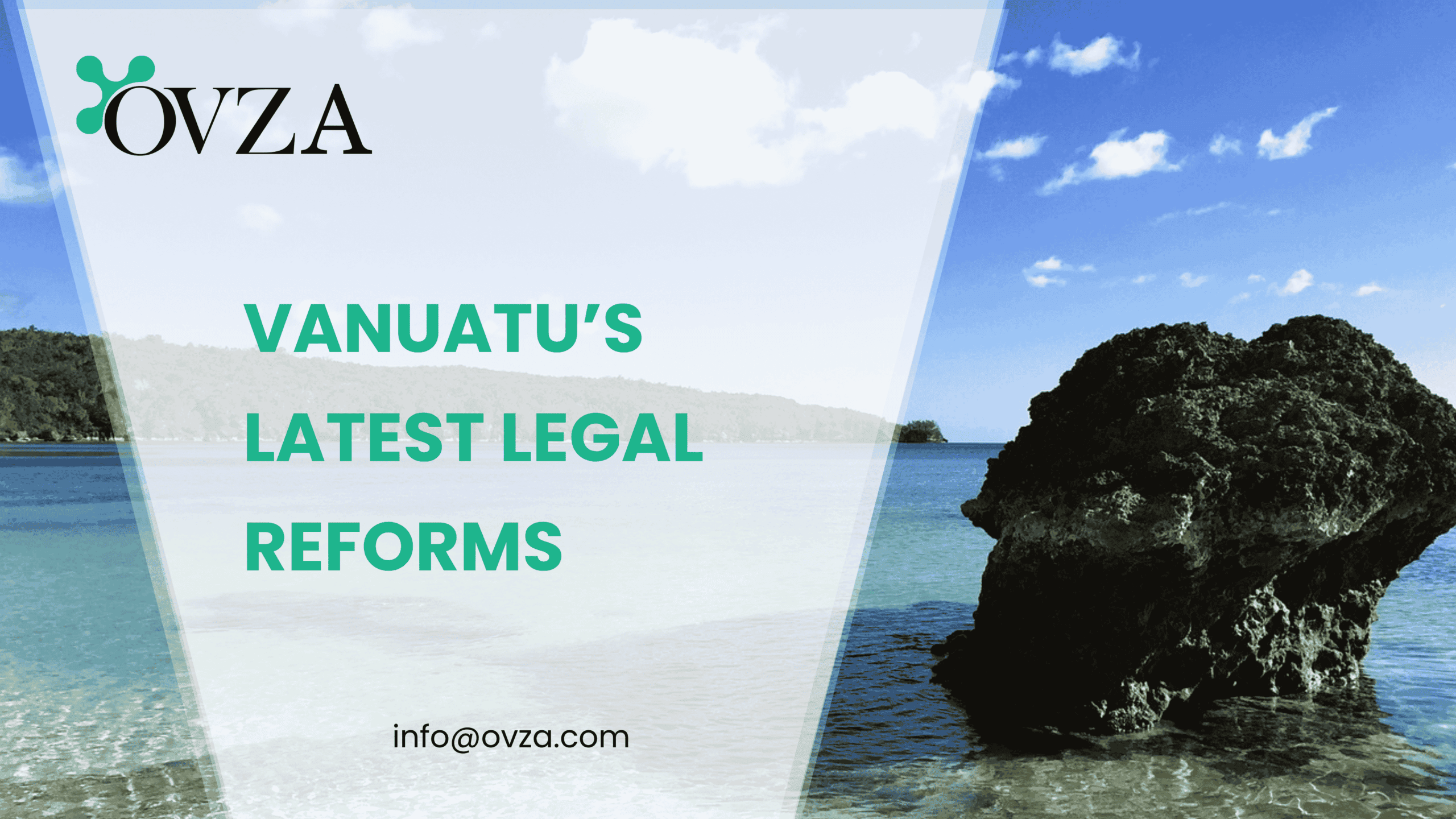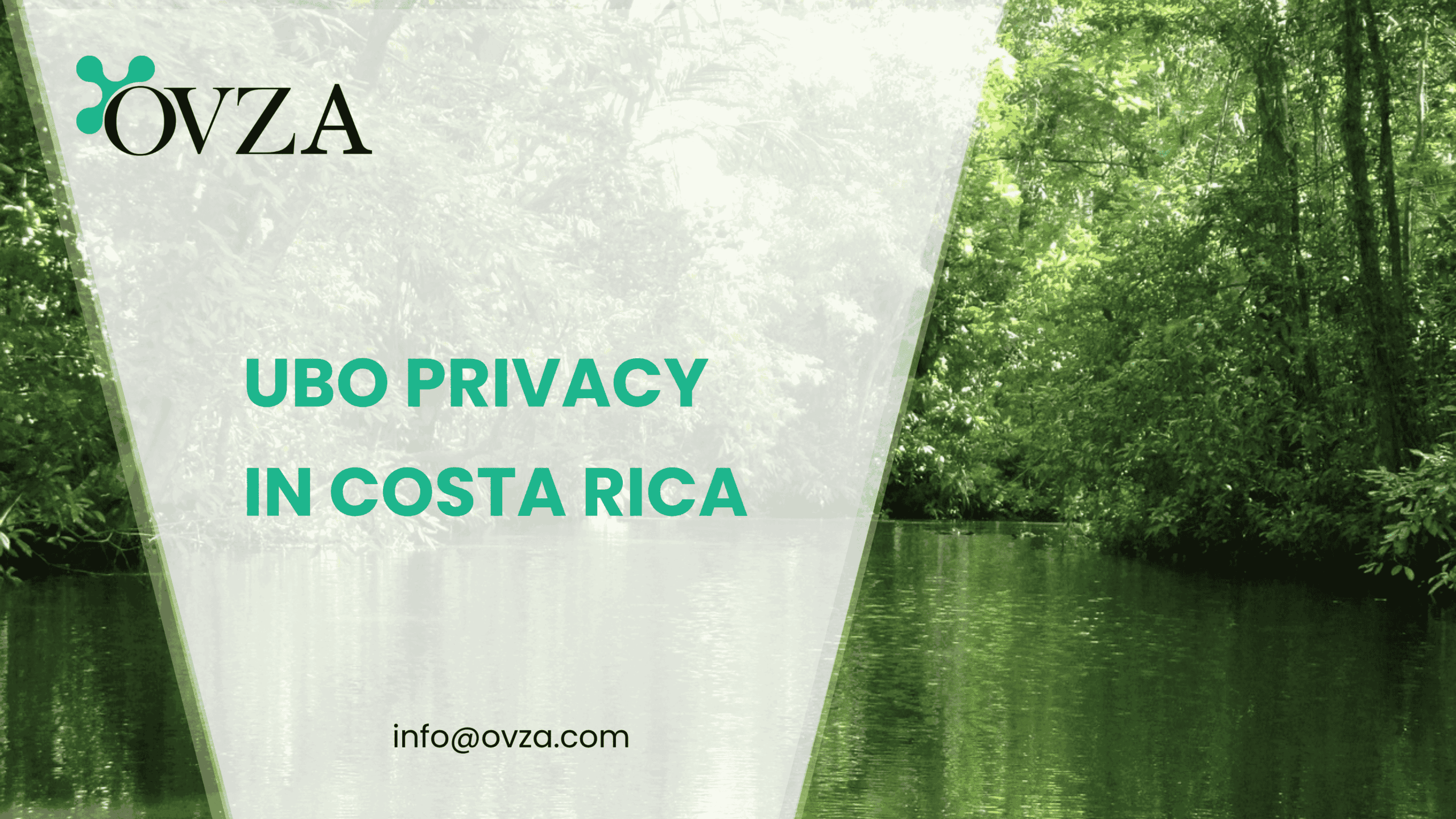Understanding offshore company UBO rules is essential for staying compliant and protecting your structure in today’s global transparency landscape. In recent years, these rules have become one of the most scrutinized elements of international compliance — a shift largely driven by global initiatives to combat money laundering, tax evasion, and illicit financial flows. UBO, short for Ultimate Beneficial Owner, refers to the natural person who ultimately owns or controls a legal entity, even if through indirect ownership.
From the Caribbean to the South Pacific, offshore jurisdictions now require companies to collect, verify, and report UBO information under strict legal frameworks. Failing to comply with offshore company UBO rules can lead to regulatory penalties, frozen bank accounts, and reputational damage.
- What Are UBO Rules in Offshore Jurisdictions?
- Who Qualifies as a UBO?
- Why Offshore Clients Must Understand These Rules
- How UBO Information Must Be Reported Offshore
- What Happens If You Don’t Comply?
- Are There Any Exceptions or Privacy Protections?
- Best Practices for UBO Compliance in Offshore Structures
- Conclusion
What Are UBO Rules in Offshore Jurisdictions?
UBO rules are legislative requirements imposed on companies — including offshore entities — to disclose and maintain accurate records of their beneficial owners. These rules originate from international standards such as:
FATF Recommendation 24 (Financial Action Task Force): Calls for transparency of beneficial ownership of legal persons
OECD’s Common Reporting Standard (CRS): Promotes exchange of financial account information among countries
EU’s 5th & 6th Anti-Money Laundering Directives: Require central UBO registries across EU member states
Even traditionally discreet jurisdictions like Belize, BVI, and Seychelles now maintain UBO registers, though some remain private and accessible only to regulatory or enforcement bodies.
Who Qualifies as a UBO?
A UBO is typically defined as a natural person who owns 25% or more of a company’s shares or voting rights, exercises control through other means (such as influence over board decisions), or benefits from the company’s assets or income, even indirectly.
In cases where no individual meets the threshold, a senior managing official (like a director) is sometimes designated as the UBO for compliance purposes.
As international oversight grows, so does the emphasis on transparency. According to Eli Carter, Legal Affairs at OVZA:
“The era of anonymous offshore ownership is over. Today, UBO transparency is not optional , it’s a core regulatory expectation,” says Dr. Henry Balani, Global Head of Industry and Regulatory Affairs at Encompass. “Clients who proactively comply with offshore company UBO rules are far better positioned to maintain banking relationships and long-term viability.”
This reflects the emerging global standard: transparency first, or risk being excluded from financial systems.
Here’s a quick comparison of how major offshore jurisdictions approach offshore company UBO rules:
| Jurisdiction | UBO Register Required | Public Access | Threshold | Enforcement Body |
| British Virgin Islands | Yes (since 2017) | No | 25% | BVI Financial Services Commission |
| Belize | Yes (since 2021) | No | 25% | IFSC Belize |
| Seychelles | Yes (since 2020) | No | 25% | Seychelles FSA |
| Cayman Islands | Yes (centralized) | No | 25% | General Registry |
Why Offshore Clients Must Understand These Rules
Clients who assume offshore means anonymity are often surprised to learn that offshore company UBO rules require substantial disclosure, even in jurisdictions historically associated with secrecy. Banks and electronic money institutions (EMIs) require UBO declarations during account opening, while registered agents must collect and verify UBO data before incorporating a company. Failure to comply with these requirements can result in the loss of good standing or even the forced strike-off of the company. This global trend toward transparency makes it imperative for any offshore structure, whether used for asset protection, investment holding, or digital business, to be fully compliant.
How UBO Information Must Be Reported Offshore
Under most modern frameworks, offshore company UBO rules mandate that the beneficial ownership information must be collected at the time of incorporation and kept up to date throughout the company’s existence. While the exact process may differ by jurisdiction, the core steps are generally similar. The company’s registered agent is responsible for collecting UBO details, including full name, date of birth, nationality, residential address, and a notarized copy of a valid ID. This information must then be verified against official documents and databases, especially when the agent operates within a regulated industry such as trust or corporate service providers. Once verified, UBO data must be securely stored, typically at the registered office or submitted to a centralized authority. Although the UBO register is not public in most jurisdictions, it remains accessible to local regulators, tax authorities, and foreign agencies under mutual legal assistance treaties (MLATs).).
Example: BVI’s Beneficial Ownership Secure Search System (BOSSs)
In the British Virgin Islands, all registered agents must upload UBO data to the BOSSs portal within 15 days of incorporation. This system is not publicly accessible but can be queried by competent authorities.
Other jurisdictions like the Cayman Islands, Seychelles, and Belize have adopted similar confidential reporting platforms, often tied to anti-money laundering (AML) enforcement.
What Happens If You Don’t Comply?
Non-compliance with offshore company UBO rules is treated as a serious legal offense. Consequences can include administrative fines, often ranging from USD 5,000 to 50,000 in jurisdictions like Belize or Seychelles as well as the loss of good standing, which may restrict your ability to open or maintain bank accounts. In more severe cases, non-compliance can lead to the dissolution or strike-off of the company from the register, along with an increased risk of audit or investigation by tax authorities.
In 2023, the OECD’s Global Forum reported that over 70 jurisdictions had either adopted or were finalizing beneficial ownership frameworks. Those failing to comply risk being labeled “non-cooperative jurisdictions,” which carries reputational and financial consequences.
Are There Any Exceptions or Privacy Protections?
While UBO transparency is growing, some jurisdictions maintain limited access rules to protect individual privacy, particularly when the ownership relates to sensitive assets or political risk. For example, the Seychelles UBO Register is not accessible to the public but may be disclosed to foreign governments under information exchange treaties. In Belize, UBO information is likewise not available online but must be furnished to the Financial Intelligence Unit (FIU) upon request. Nonetheless, most modern privacy protections do not override core regulatory compliance. Attempting to conceal beneficial ownership through nominee structures or bearer shares is often a red flag under AML scrutiny.
Best Practices for UBO Compliance in Offshore Structures
Complying with offshore company UBO rules is no longer a procedural formality, it’s a foundational aspect of forming and maintaining any international business entity. OVZA encourages clients to take the following steps to ensure they remain compliant across jurisdictions:
- Understand Jurisdictional Differences
Not all offshore jurisdictions apply UBO rules in the same way. For instance, Belize offshore companies must submit UBO data to their registered agent annually, whereas the Seychelles requires immediate updates to the register if UBO information changes.
Understanding the specific filing requirements, timelines, and penalties in each country is essential, especially for those managing multi-jurisdictional holding structures.
- Maintain Updated Records with Your Registered Agent
Your registered agent plays a critical role in ensuring UBO data is correctly submitted and maintained. At OVZA, we help clients remain in good standing by conducting internal UBO assessments before filing, monitoring upcoming compliance deadlines across jurisdictions, and assisting with proper documentation and notarization. This is especially important when using nominee services, where transparency requirements may still apply to the underlying UBO.
- Align UBO Reporting with Offshore Banking
Most international banks, especially in Europe and Asia, require clear UBO identification before opening an account. This applies whether you’re opening an account with a traditional institution or a fintech EMI provider.
Conclusion
As the international regulatory landscape becomes increasingly connected, offshore company UBO rules have become central to financial legitimacy. No serious offshore structure today can afford to overlook UBO compliance especially when global institutions like the OECD, FATF, and European Union are coordinating pressure campaigns against opacity.
For many clients, the question is not if UBO rules apply, but how best to comply without compromising legitimate privacy or strategic structuring goals.
Disclaimer: The information provided on this website is intended for general reference and educational purposes only. While OVZA makes every effort to ensure accuracy and timeliness, the content should not be considered legal, financial, or tax advice.












